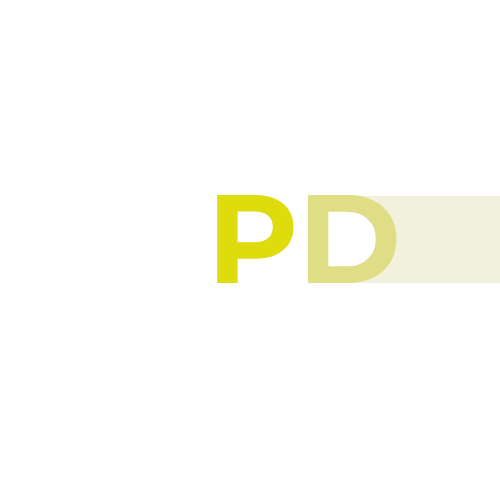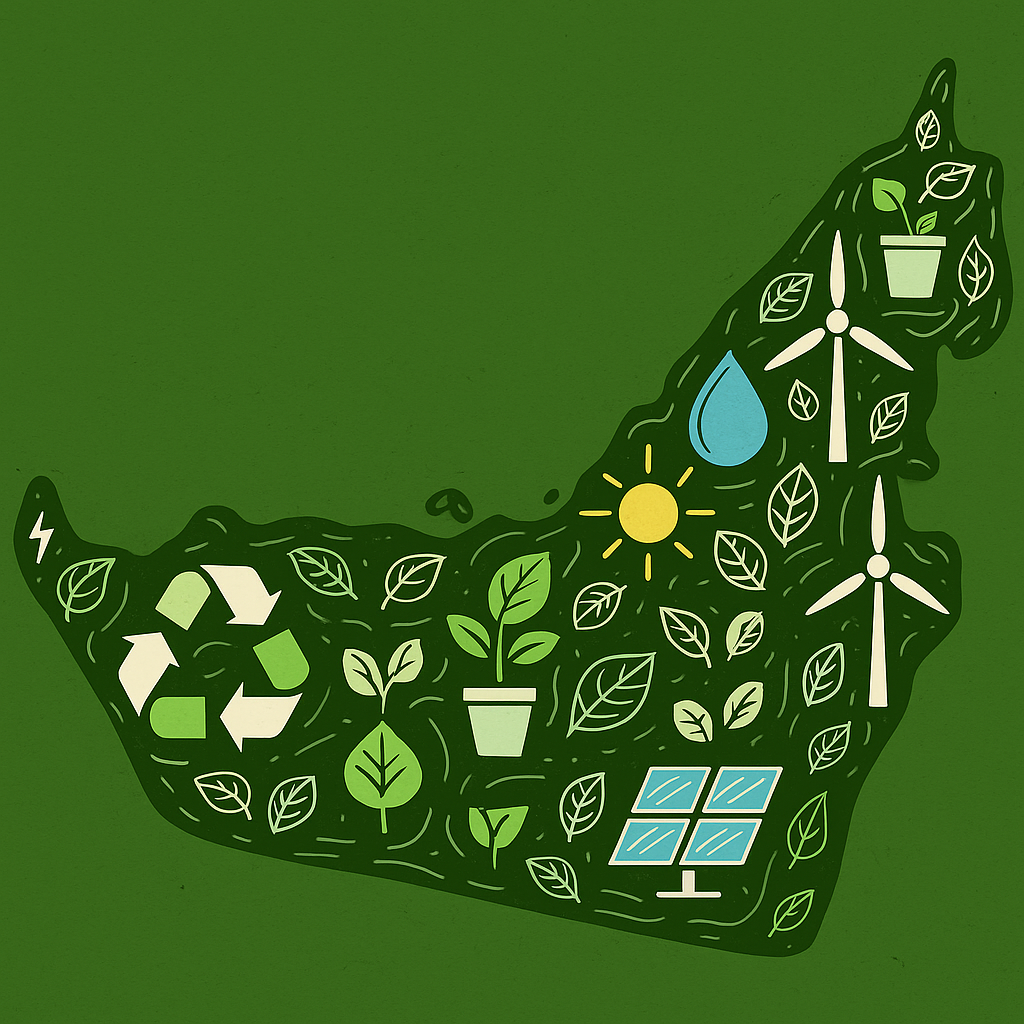The United Arab Emirates (UAE) has evolved from a desert nation reliant on fossil fuels into a global force for sustainability and environmental progress. While the UAE continues to experience rapid economic growth, it has managed to place sustainable development at the core of its policies, initiatives, and global partnerships. Its contributions to sustainability go well beyond its borders, making a tangible impact both regionally and internationally.
Investing in Clean Energy at Scale
The UAE’s role as a leader in clean energy investment is perhaps its most visible contribution to sustainability. One of the most iconic projects is the Mohammed bin Rashid Al Maktoum Solar Park, a massive solar installation in Dubai with a planned capacity of 5,000 megawatts by 2030. This is complemented by the Barakah Nuclear Energy Plant, the first nuclear facility in the Arab world, and Masdar, a renewable energy company with projects spanning over 40 countries.
These investments significantly reduce carbon emissions within the UAE and also contribute to clean energy adoption globally. For instance, Masdar has supported solar, wind, and green hydrogen projects in countries across Asia, Africa, and South America, advancing renewable energy access and technology transfer.
Through its financial and technological leadership, the UAE actively helps reduce global dependence on fossil fuels and supports the clean energy transition in emerging markets.
Leading in Sustainable Construction and Product Transparency
Sustainability in the built environment is another major area of contribution. The UAE has adopted and enforced green building regulations such as Estidama in Abu Dhabi and Al Sa’fat in Dubai. These frameworks promote high-performance buildings with reduced energy and water consumption, as well as the use of sustainable materials.
To meet these standards, developers and manufacturers are increasingly required to provide Environmental Product Declarations (EPDs)—standardized, third-party verified documents that detail the environmental impact of construction materials across their life cycles.
This is where EPD Consultancy UAE services play a pivotal role. Consultancies such as ERKE help clients in the UAE and beyond create credible EPDs that align with international standards like ISO 14025 and EN 15804. These declarations support compliance with LEED, BREEAM, and Estidama, while also enabling transparency and comparability in product selection.
Through these services, the UAE supports sustainable manufacturing, contributes to lower-carbon construction, and sets a regional benchmark for transparency in material sourcing.
Promoting Global Dialogue and Knowledge Exchange
The UAE also contributes to sustainability by fostering international dialogue and collaboration. Events such as Abu Dhabi Sustainability Week (ADSW) and the World Future Energy Summit bring together global leaders, innovators, and academics to explore solutions to climate change, water scarcity, food security, and energy transition.
By hosting COP28 in 2023, the UAE solidified its position as a global convener of climate negotiations and a facilitator of multilateral environmental agreements.
Moreover, the country invests in research and development on pressing issues such as water security, climate adaptation, and urban resilience. Through academic partnerships and dedicated institutions, the UAE disseminates this knowledge globally, contributing to the collective science and data behind sustainability policy.
Advancing the Circular Economy and Waste Management
The UAE is making strong progress in developing a circular economy—a system where resources are reused, recycled, and reintegrated into production, reducing waste and emissions. The country has set ambitious goals such as diverting 75% of municipal solid waste from landfills and implementing Extended Producer Responsibility (EPR) systems to hold producers accountable for post-consumer waste.
Waste-to-energy projects, construction debris recycling, and national awareness campaigns all contribute to reducing environmental pressure. These efforts also create opportunities for sustainable business models and green jobs.
Conclusion: UAE as a Global Sustainability Contributor
The UAE’s contribution to sustainability is both broad and deep. It is visible in its clean energy megaprojects, progressive building regulations, international diplomacy, and circular economy initiatives. Through platforms like EPD Consultancy UAE, the country enables accurate environmental data reporting and pushes industries toward measurable, certified sustainability.
As climate challenges intensify globally, the UAE proves that an oil-rich nation can reinvent itself as a climate leader, using policy, investment, and innovation to drive lasting change. The country’s proactive stance serves as a blueprint for sustainability leadership in the 21st century.


